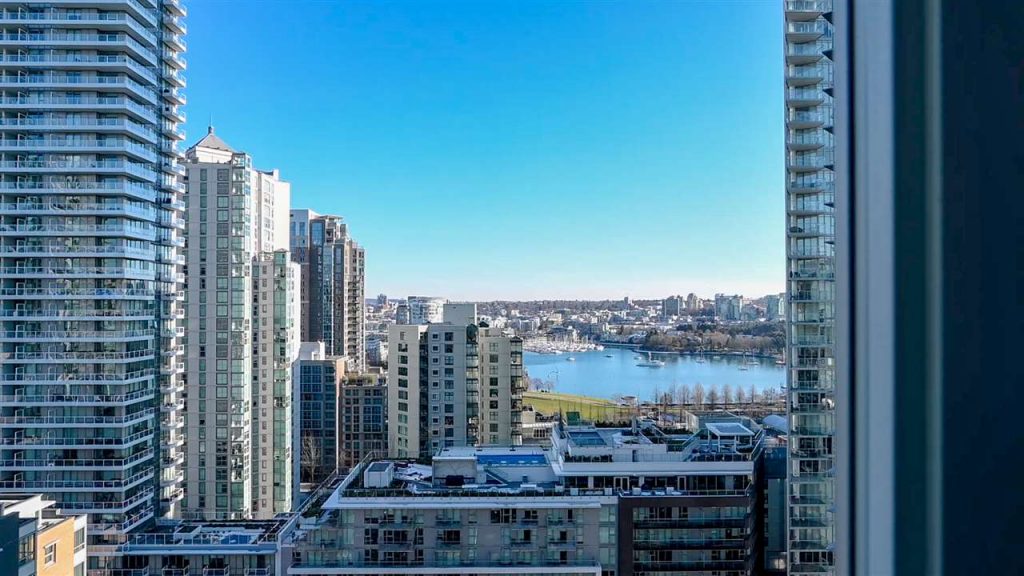Vancouver’s Housing Forecast

Here is the latest housing forecast from Real Estate Agent Ariane Benjamin, Founder of Vancouvertownhouse.ca. According to BC Real Estate Association (BCREA) they are predicting a sales increase of two percent this year—and an increase of 6.9 percent next year
“Vancouver’s housing market has continued to cool,” explains Ariane. “The number of home sales in January sunk to their lowest levels seen over ten years, and many people are attributing this to the dip in affordability and purchasing power created the mortgage stress test, which came into effect earlier last year.”
However, Cameron Muir, chief economist for the BCREA, predicts that favourable demographics and economic trends will continue to gently spur housing demand for at least the next two years.
“Growth for home prices is expected to be modest this year,” says Ariane. “Experts are predicting maybe a 0.5% increase across the province. But in Vancouver, the surplus of listings has created some downward pressure, at least in the luxury home sector.”
A newly released report by Royal LePage forecasts a 7.1-percent drop in the median price of a luxury home in the region in 2019. That’s a difference of about $410,000.
It’s a great time for people looking to upgrade to a house or condo in the luxury market. Townhouses and condos that are competitively priced (under $1,000,000) remain in demand, but the high-end market has definitely softened.
“What we’re seeing is that home buyers are still interested across all segments—detached, townhouses, and condos. But a growing number are sitting on the sidelines watching prices and waiting to see how the market performs in the face of new tax laws and other forms of government regulation.”
For example, starting this year, developers are required to collect information on pre-sale condo assignments and submit that information quarterly to the new Condo and Strata Assignment Integrity Register (CSAIR). While condos and townhouses largely held their value, against all changes to date, the new regulation could have some impact.
However, according to Reuters’ recent poll of 20 housing analysts across the country, the chance of a national correction is pegged at just around 20%.
“There may be some correction,” says Ariane. “But it’s unlikely that people are going to stop wanting to live in Vancouver or Canada. So, while the wait-and-see attitude is understandable, it seems more likely the market is simply going to stabilize and then enter a period more modest growth.”
